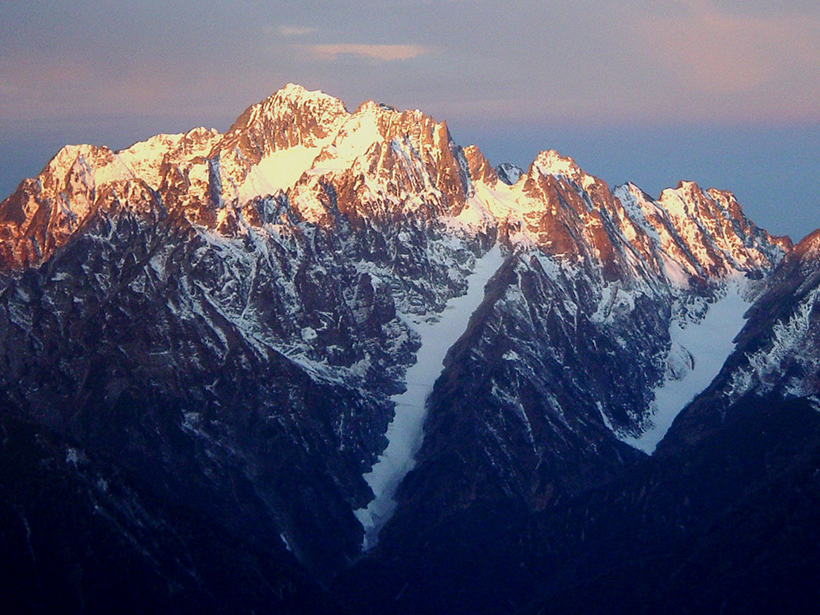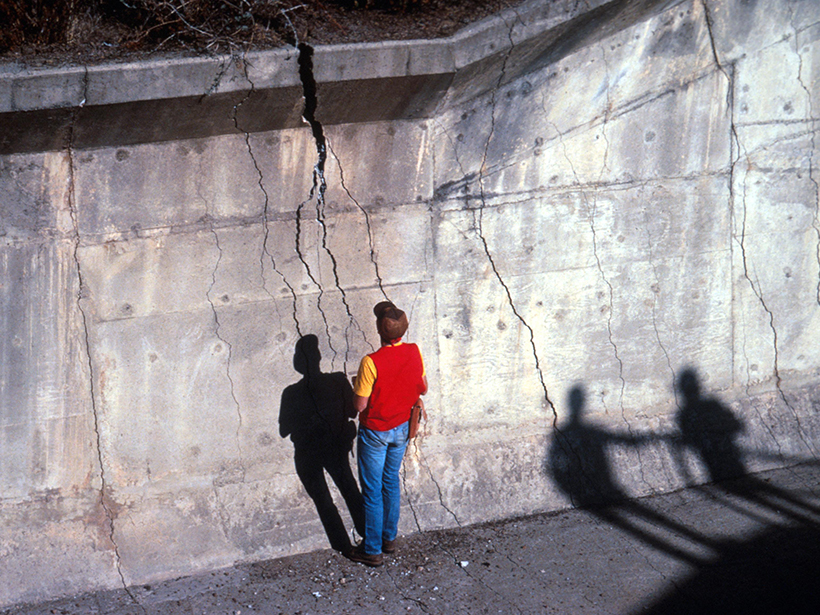A global review of earthquake rupture parameters reveals that deep earthquakes have larger fracture energies and may have different rupture mechanisms than shallower seismic events.
earthquakes
Frontiers in Cryoseismology
Recent review provides timely and comprehensive resource for emerging field.
Understanding Tectonic Processes Following Great Earthquakes
Scientists parse out the processes underlying tectonic signals detected by GPS networks.
Laboratory Sharing to Improve Rock Deformation Research
An ever-growing group of scientists seeks to integrate rock deformation labs from across the United States into one shared national facility.
Kamer Receives 2016 Donald L. Turcotte Award
Yavor Kamer will receive the 2016 Donald L. Turcotte Award, given annually to recent Ph.D. recipients for outstanding dissertation research that contributes directly to the field of nonlinear geophysics.
Seismic Wave Videos Combine Sight and Sound
Researchers convert seismic data into sounds and animations, providing scientists with a new way to view what happens to Earth during earthquakes.
Earthquakes Could Funnel Radio Waves to Dark Zones in Mountains
By being coupled with a layer of mobile electrical charges on the Earth's surface, radio waves could travel over the ground to areas that would normally be unreachable, like behind a mountain.
All Earthquakes Are Created Equal
A study of the development of earthquakes shows that the size of the initial rupture does not determine its intensity or range later on.
Tremors Reveal the Structure of Deep Glacial Shafts
Seismic waves produced by free-falling meltwater could improve understanding of glacial drainage processes.
Mapping the Movement of Energy Under Japan
New research on the energy waves caused by earthquakes provides the most detailed map to date of the subduction zone beneath Japan.









